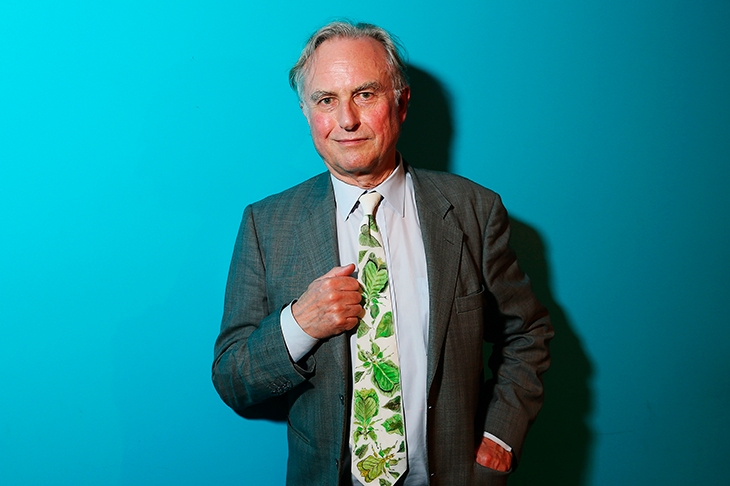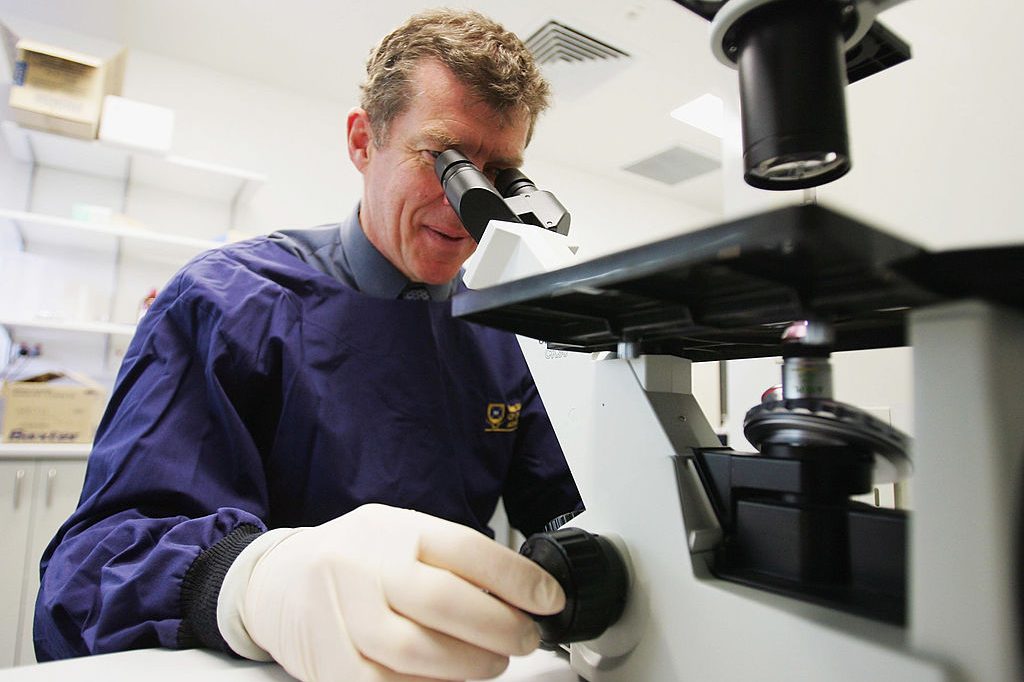Safe spaces, diversity quotas, gender-neutral pronouns, culturally relative facts, heteronormative hegemony. Are my right-on credentials right on enough? Am I sufficiently penitent for being white, cis and male? Will I be canceled or de-platformed by the Pronoun Police? What is my woke-quotient? At least as far as science is concerned, it’s a satisfactory zero. Science is not a patriarchal instrument of colonial oppression. Nor is it a social construct. It’s simply true. Or at least truth is real and science is the best way we have of finding it. ‘Alternative ways of knowing’ may be consoling, they may be sincere, they may be quaint, they may have a poetic or mythic beauty, but the one thing they are not is true. As well as being real, moreover, science has a crystalline, poetic beauty of its own.
I’ve just joined a new initiative set up to oppose postmodern metabaloney and bossy woke bullying. Look up ‘Counterweight’ + ‘Helen Pluckrose’, its founder. She’s also co-author of Cynical Theories, an excellent history and analysis of Francophoney postmodernism and the pernicious influence of ‘theory’, driveling out of the universities into the culture at large. The book’s only fault is that, bending over backwards to be scrupulously fair to its subject matter — queer theory, social justice theory etc, chapter by thorough chapter — it can’t help inheriting some of the subject matter’s obscurantist style. The result is not as stupefyingly boring as the original. Nevertheless, busy readers might prefer to skip to the concluding pages of each chapter, where the pretentious original is decisively skewered.
Strangely, when I have expressed hostility to woke nonsense, a significant reaction from American readers has been: ‘Well, people like you brought it on yourselves.’ Mystified, I dug deeper. Apparently the permissible spectrum of opinion is so all-or-none, so left-or-right, so yes-or-no that you can’t oppose both Trump and the loony left simultaneously. I’m now nursing an urgent worry: President Joe Biden needs to go out of his way to distance himself from this mental virus or he’ll play into the hands of the Trumpers in the 2022 and 2024 elections.
The COVID-19 virus causes so much misery and hardship, such terrible strain on overworked doctors and nurses, I feel guilty admitting that lockdown suits me fine. This week I find myself in the unusual position of putting to bed two new books at the same time, plus the audio reading of an earlier book, Unweaving the Rainbow. Of the new books, Flights of Fancy is about how animals and humans defy gravity and get off the ground. The second, Books Do Furnish a Life, is a collection of book reviews, forewords, afterwords, book-related writings in general. Some editorial voices were raised against the Powellian title, on the grounds that it sounds retrospective. Fair point, but if you can’t be retrospective when you’re rising 80, when can you?
Happily, there’s no rule against being prospective at the same time. Accordingly I’ve just started work on my first novel. Provisionally called The Genetic Book of the Dead, its scientist heroine reconstructs the genome of australopithecines. Will she actually bring a new Lucy to life after three million years? The bulk of the novel, of course, will explore the social, political, ethical, theological etc implications of such a resurrection.
This fiction business, it’s harder than I thought. How do you write convincing dialogue? I’ve been rereading several modern novelists, hoping to pick up tips. Kingsley Amis has a pitch-perfect ear for how people actually talk, hesitate, interrupt each other. Anthony Powell is losing me, just as he did the first time around — there’s only so much I can take by way of name-dropping art connoisseurs, London literati and their servants at luncheon. The funny bits are there, but are too few and far between. The characters might merit such lengthy and detailed treatment if this were biography and they were historically or otherwise interesting ‘persons’ (a recurrent Powell affectation). To put it mildly, their conversations lack profundity. The opposite is true of Aldous Huxley. His characters go on for page after page like fellows of All Souls, delivering erudite, aphoristic lectures to each other. At least my characters talk science to each other rather than philosophy. Maybe I’ll be disabused the hard way, but I like to think that scientists’ chat over the lab bench is not completely uninteresting. And after all, if anything can, it is science that will save the world.
This article was originally published in The Spectator’s UK magazine. Subscribe to the US edition here.

























